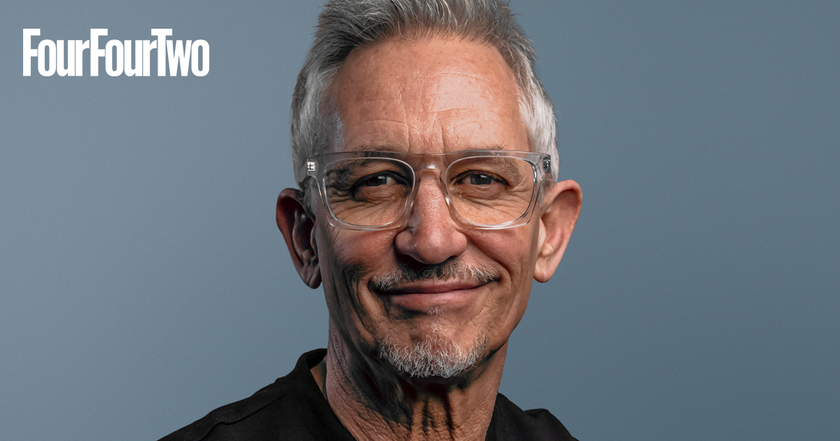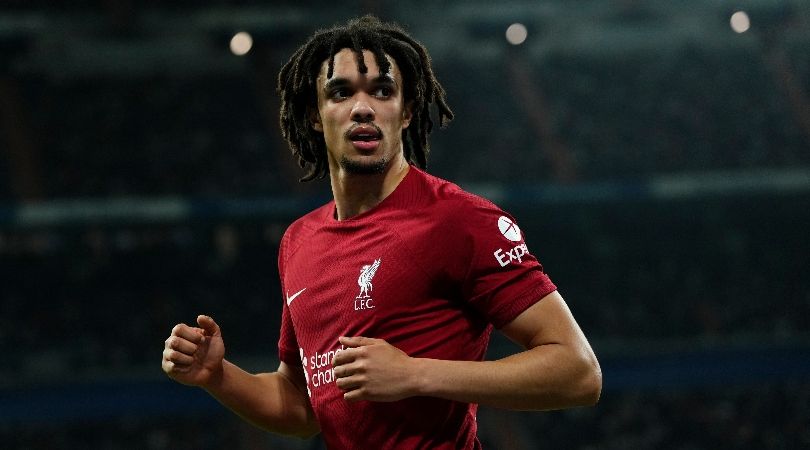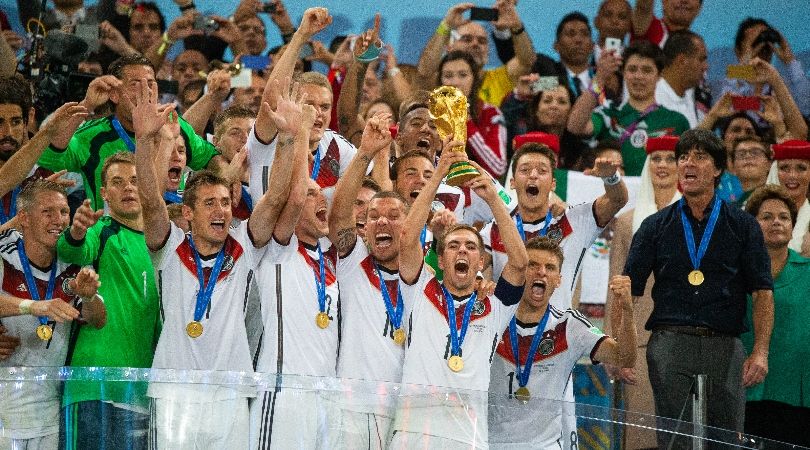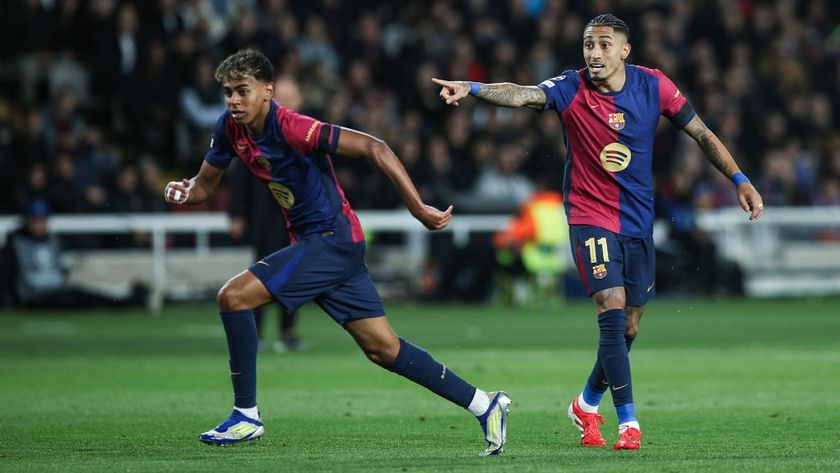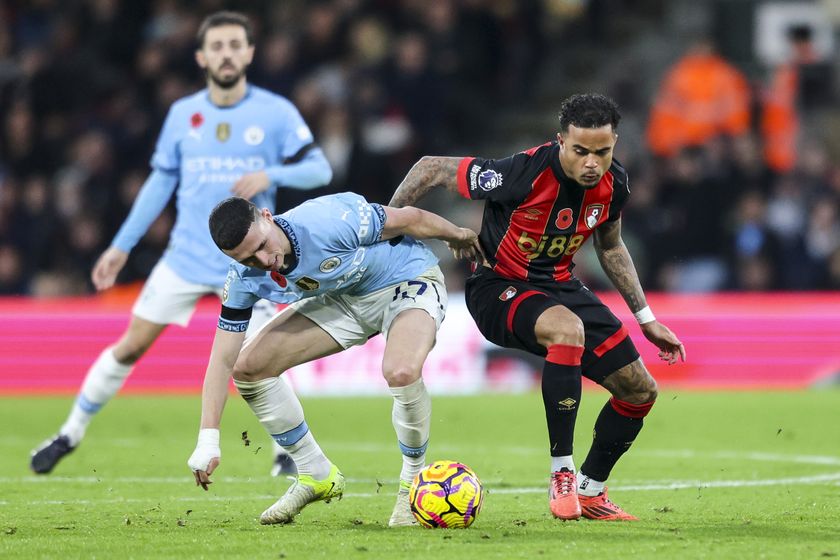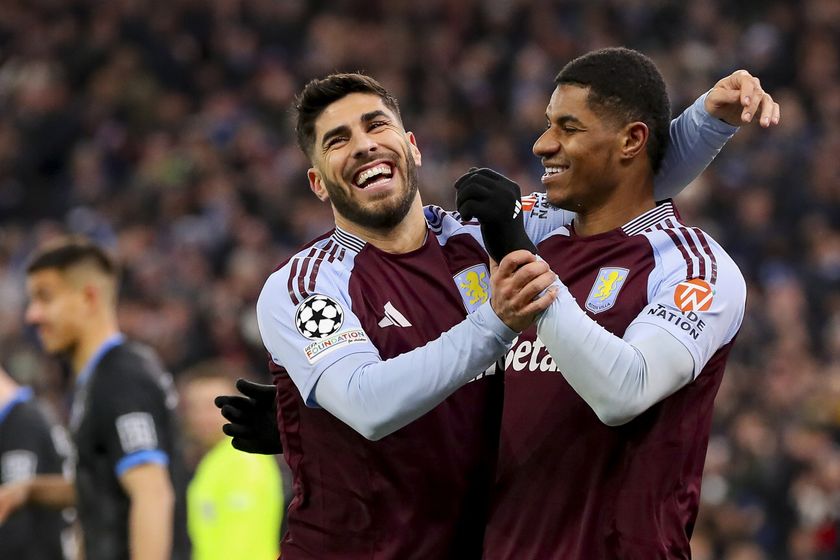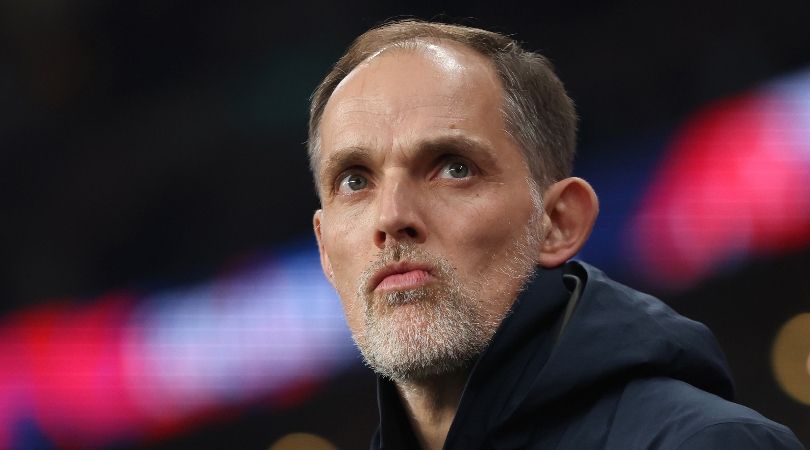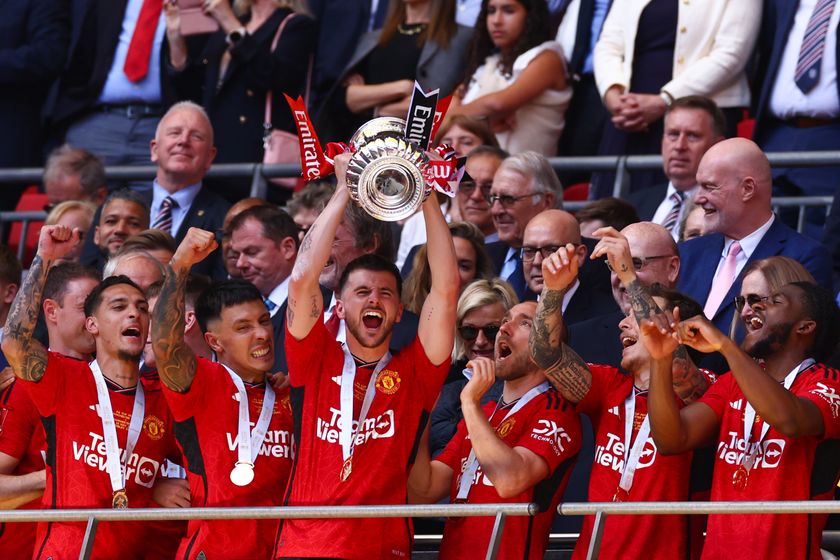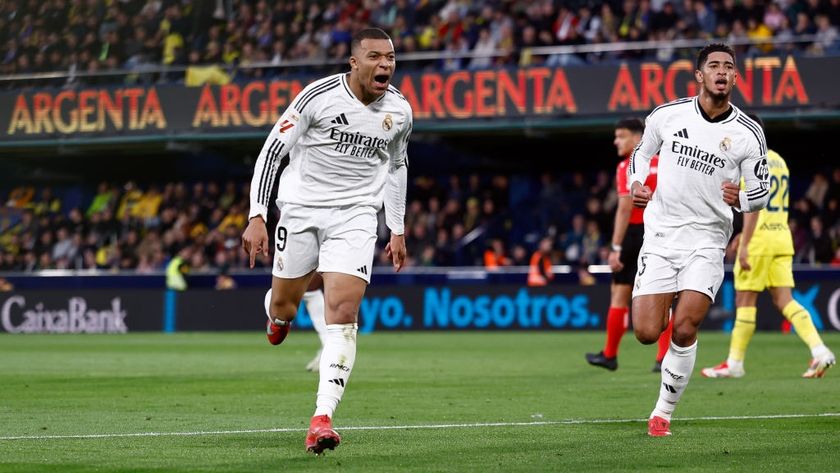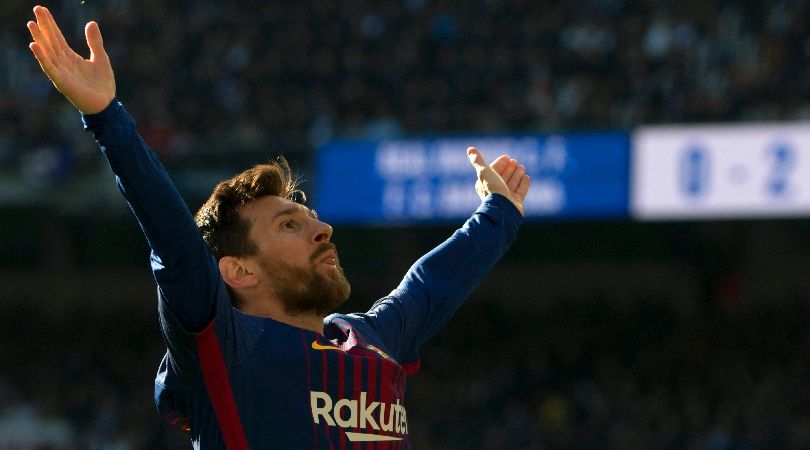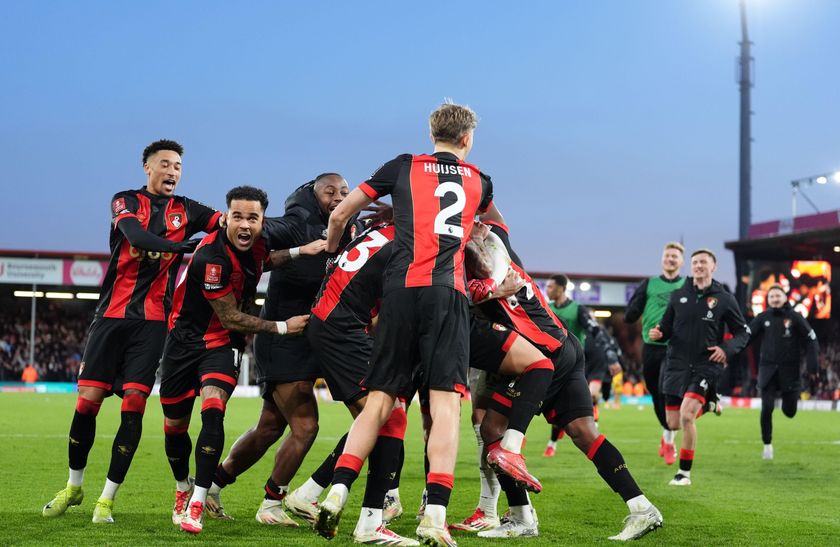Alexi Lalas: "Before USA '94 I was a punk who never thought about my place"
"I burnt both ends of the candle – and I don't regret it at all”
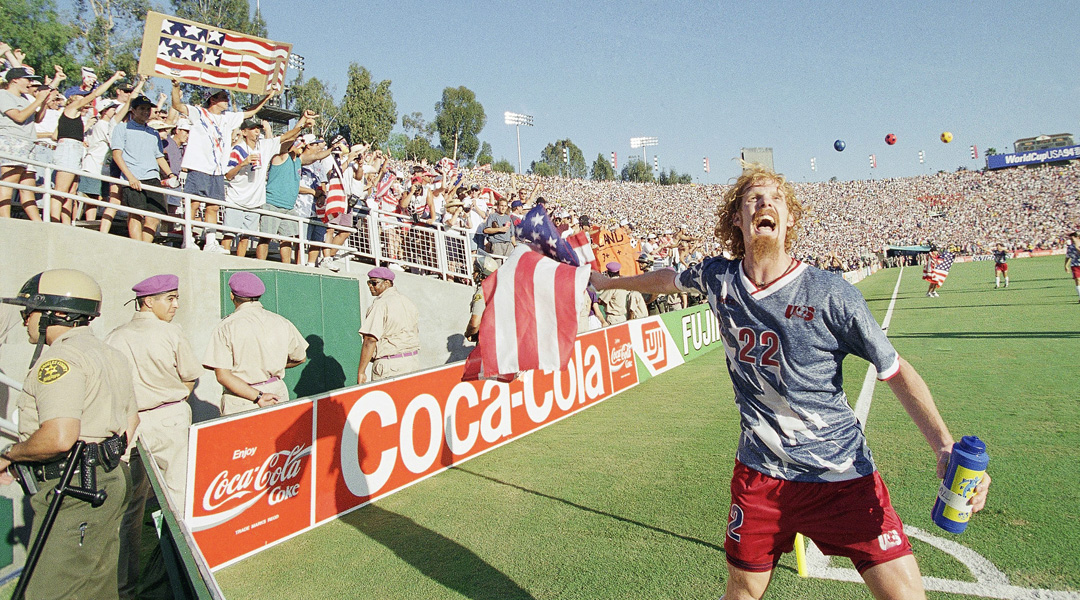
How did you get into top-level soccer?
I was fortunate that I went to Rutgers University. That was the first exposure I had to high-level soccer, in an area that was known for it. I got picked for the 1992 Olympic team, and was immediately put into the residency program. It wasn’t at all with an eye to becoming a pro — it just seemed like a cool adventure at the time.
By the time I got to the World Cup in 1994, I was standing on the field in Detroit in front of a billion people – and I had never played a professional game in my life. We really didn’t have any opportunities; we were living in between the NASL [which collapsed in 1984] and MLS [which would start in 1996] and no-one would give American players a chance.
Was the 1994 USA team really any good?
That was a better team than people think. Everyone understood what they had to do, and they did it. One thing I love about sports is that as pros, we're entertainers. I don’t want to play with robots, and we had a lot of personality.
I guarantee if you ask the guys on that squad what they thought about Bora [Milutinovic, the USA’s manager] you’ll get 23 different takes — everything from "the most influential coach I ever had" to "I don’t care if I never see him again". When I met Bora, I was a 22-year-old punk who never thought about my place. He broke down the game and my position in a completely different way, so in my estimation, the guy was a genius.
After that, the World Cup meant, that for the first time in my life, I was admired and respected for being a soccer player. And the way that I looked, people recognised me. I’ll be honest: it was fun. I maybe burnt both ends of the candle and I don’t regret it at all.
Get FourFourTwo Newsletter
The best features, fun and footballing quizzes, straight to your inbox every week.
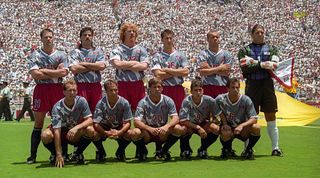
What has changed since USA 94?
It’s amazing the strides we’ve made, how the perception of the game has changed. We even had a labour dispute, and while that’s not great, it says a lot!
MLS is growing, and we’ve had success qualifying for World Cups. In our American way, we want everything very quickly. We're still not good enough, but we can look back and pat ourselves on the back – it was a wasteland back in 94.
The one thing that hasn’t improved for us is the depth of talent. Training, professionalism, diet – all that is so much better. But we’re seeing now that when we lose a couple of guys, the USA have problems. I went back and looked at when I played, and I can tell you I always had guys nipping at my heels. I don’t see that right now.
What happened at LA Galaxy with Ruud Gullit?
Not my finest hour, but I learned a lot. Today, the two of us are fine, but we would both admit there was plenty of blame to go around. Ultimately, it was a situation where he was the wrong person at the wrong time. And the learning curve was so great that he didn’t have the time to adjust to the way of MLS. That’s also my fault.
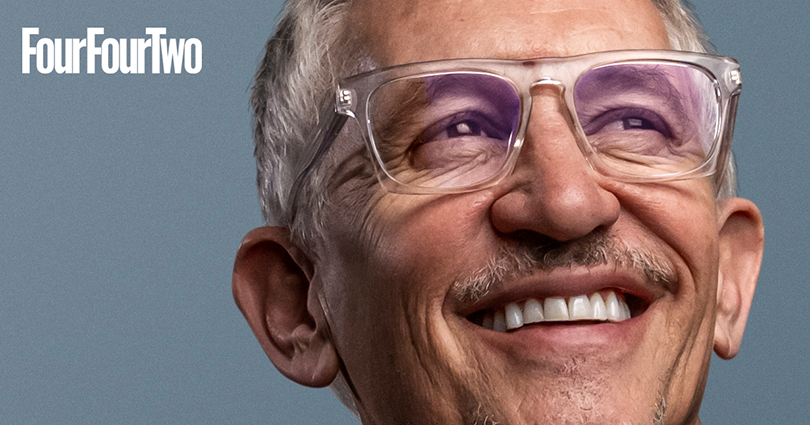
‘Sir Gary Lineker? I don’t know how you comment on that – I’ve never even considered it. I just try to stand up for the things I believe in’ England legend tells FFT why he won’t stop raising humanitarian issues, even if it affects potential honours
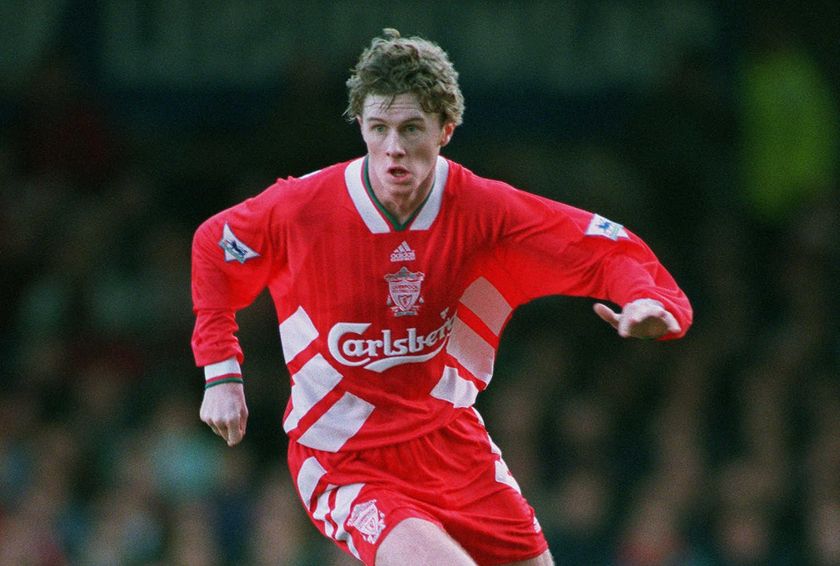
'I fell on the floor and shouted for a penalty. Someone pulled me up and said, "Don’t cheat to win penalties". It was Steve McManaman. I never did it again!' Ex-Liverpool forward reveals harsh lesson he learnt from his team-mate on Reds debut
